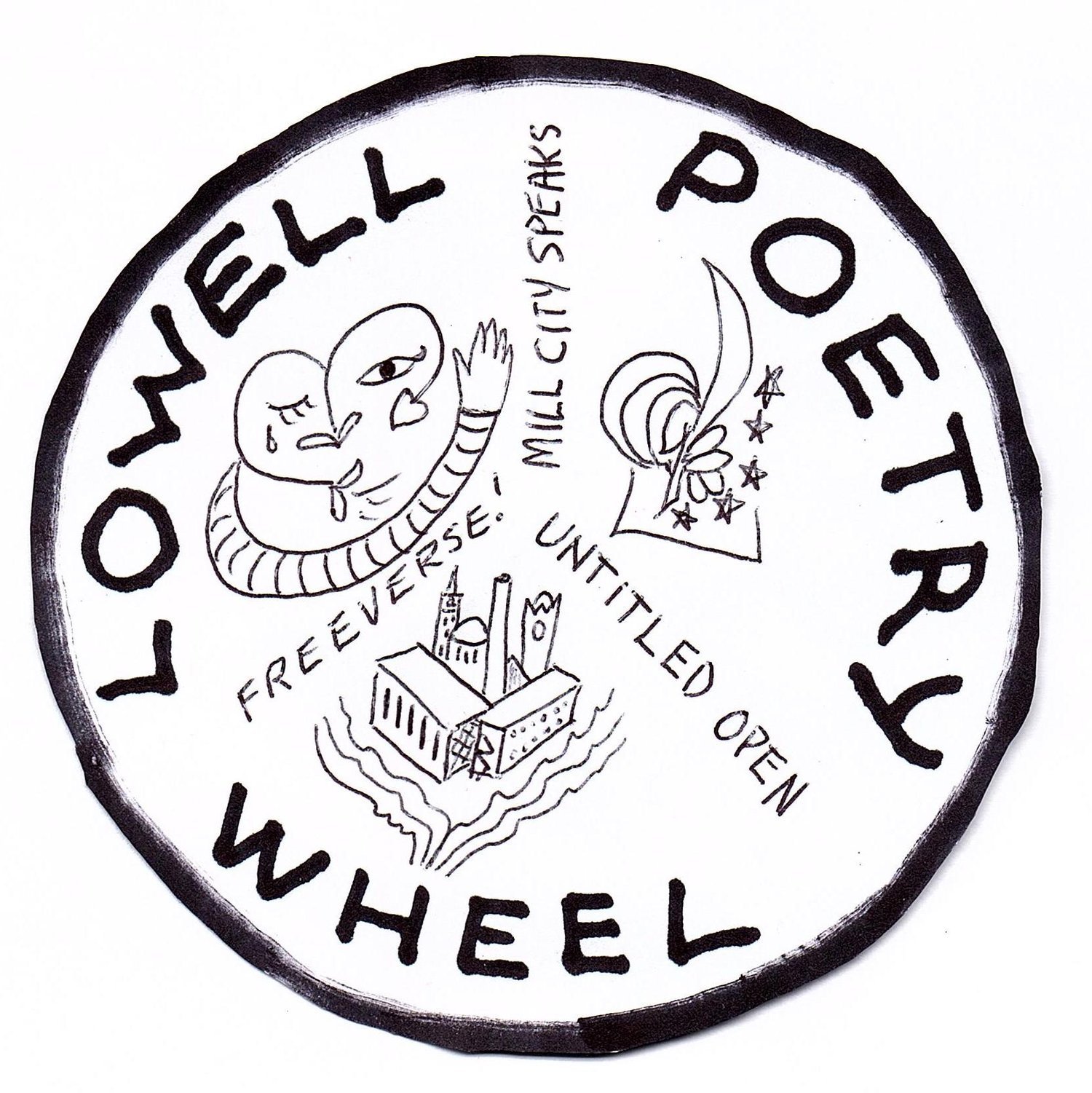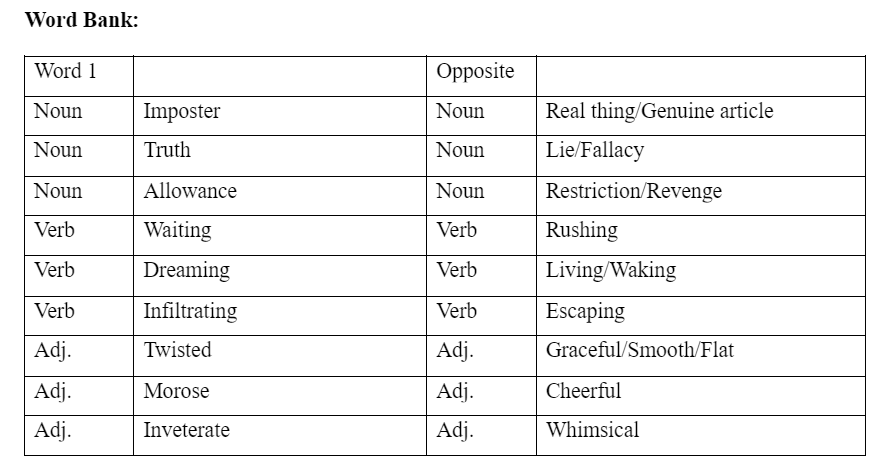April 2023 - Workshop Shit
For the workshop this month, we took a look at Rudyard Kipling’s poem If through the lens of comparing and contrasting ideas or images. Throughout the poem, Kipling juxtaposes contrasting images and ideas in a way that creates a sense of balance: in this way, the poem’s subject can “Meet with Triumph and Disaster,” or “Talk with crowds,” and “Walk with Kings,” while seeming to never lean so heavily towards either extreme so as to lose touch with the other.
From there, poets brainstormed to create a word bank of contrasting ideas, and drew from this word bank during a 15-minute free write, attempting to create balance or tension by juxtaposing these ideas or images.
If
Rudyard Kipling
If you can keep your head when all about you
Are losing theirs and blaming it on you,
If you can trust yourself when all men doubt you,
But make allowance for their doubting too;
If you can wait and not be tired by waiting,
Or being lied about, don’t deal in lies,
Or being hated, don’t give way to hating,
And yet don’t look too good, nor talk too wise:
If you can dream—and not make dreams your master;
If you can think—and not make thoughts your aim;
If you can meet with Triumph and Disaster
And treat those two impostors just the same;
If you can bear to hear the truth you’ve spoken
Twisted by knaves to make a trap for fools,
Or watch the things you gave your life to, broken,
And stoop and build ‘em up with worn-out tools:
If you can make one heap of all your winnings
And risk it on one turn of pitch-and-toss,
And lose, and start again at your beginnings
And never breathe a word about your loss;
If you can force your heart and nerve and sinew
To serve your turn long after they are gone,
And so hold on when there is nothing in you
Except the Will which says to them: ‘Hold on!’
If you can talk with crowds and keep your virtue,
Or walk with Kings—nor lose the common touch,
If neither foes nor loving friends can hurt you,
If all men count with you, but none too much;
If you can fill the unforgiving minute
With sixty seconds’ worth of distance run,
Yours is the Earth and everything that’s in it,
And—which is more—you’ll be a Man, my son!
Word Bank:
The Rules:
Read through Rudyard Kipling’s poem If, and pick-out some of the places where he’s juxtaposed contrasting ideas or images.
Create a list of words, phrases, or images. In the graphic above, we started with three of each part of speech on the left.
From your original list of words or phrases, find at least one opposing or contrasting word or phrase for each entry. In the graphic above, our list of contrasting ideas is on the righthand side of the table.
Spend the next 15 minutes on a free write and try to incorporate some of those contrasts into the poem.
If you come up with something that you’d like to share, use the comments section below to post it.
Andrew’s Response:
The twisted rain rushed madly in the night,
Although the graceful moon above the clouds
Waited for sleep, obscuring silver light
That caught clouds’ shadows, wearing fog like shrouds.
But people danced below, despite cold rain:
Invasive laughter infiltrated fear.
No thunder’s loud enough to startle ears
That tremble with proud dreams, deaf to truth’s pain.
No lightening’s harsh enough for waking life
To strike revenge … the real thing smacks dead hearts.
Imposters lie with hope in featherbeds.
The long night lingered, and the windy strife
Still howled past the dawn, though golden darts
Escaped the clouds, and dazzled weary heads.
Douglas’ Response:
IF
If I were an imposter,
I would hold up my diamonds for everyone to see;
I would proudly display my reputation on the mantelpiece for those lucky ones who had accepted my invitation;
I would cut my name in stone and set the stone in concrete.
If I were ready to enter the vehicle as it arrived, relax in the back, secure to look out of the smoky windows with no worries about smudged faces pressing their hungry lips against the glass,
If I were ready to wear the mask of an uncontested savior, perfectly painted a thousand years ago, perfectly justified by the priests of a confident hierarchy,
If I were ready to make an audacious vow, ready to encompass within my largest compassion every being of every birth, whether egg-born or womb-born or miraculously born,
I would still remember this clandestine self,
Dedicated to anonymity,
Without the expectation of recompense, or echoes, or lingering, unidentified scents.
This is why
I maintain my search
For the quiet breath,
Expiring untold, unrecorded, even unnoticed,
Gently tickling the green leaves of the ferns,
Undiscovered by a child.

